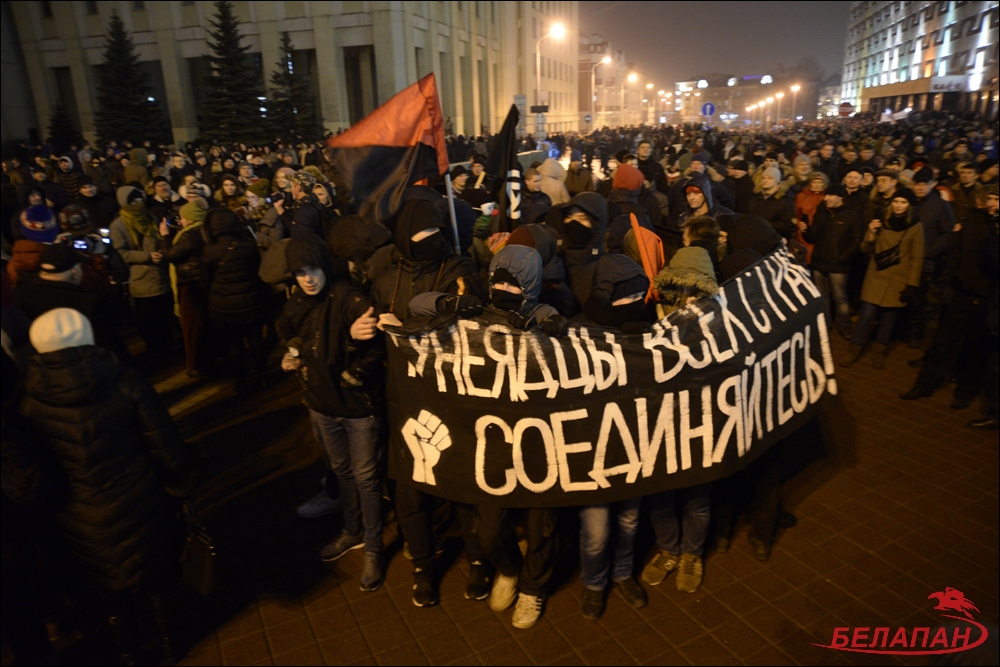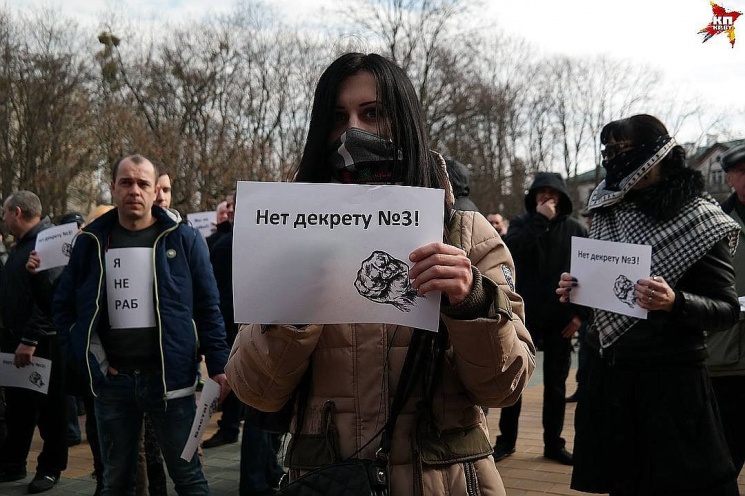The Belarusian protests have crossed a Rubicon in recent days, Roman Popkov argues: Belarusians taking part in them now view fighting the despotism of the Alyaksandr Lukashenka regime as a patriotic act, a development that means they increasingly resemble Ukrainians in 2013.
The slogans which bring people into the streets may touch on socio-economic problems, democracy, and corruption, the Russian analyst says
.
Given that more protests are scheduled over the next three weeks, that shift in the mindset of Belarusians changes the calculus for all involved.
For the demonstrators, it means that their struggle is now a zero-sum one in which they will only win if Lukashenka is ousted and replaced with a regime answerable to the Belarusian people.
For Lukashenka, it means that his room for maneuver is less than ever before, especially since he can’t count on Moscow to intervene on his behalf or on the West to overlook his dictatorial approach in the name of some broader geopolitical game.
For Moscow
, it raises the specter of another color revolution, perhaps Putin’s greatest fear, at a time when a massive Russian intervention almost certainly would plunge Moscow into a new era of additional sanctions and increased Western hostility.
And for the West, which almost invariably prefers the stability it knows to the instability of democratic movements, it represents a situation in which Western governments appear to have little influence on the outcome but to be greatly dependent on what occurs, a situation in which the balance in decision making could rapidly shift from one extreme to another.
Related:
- Belarusian protesters win a real victory: officials feel compelled to meet with them
- West’s failure to focus on Belarus protests creating a dangerous situation, Kirillova says
- Angry Belarusian protests — ‘prototype’ for similar actions in Russia, Kalashnikov says
- Belarus now pregnant with revolution — Lukashenka losing his base in countryside
- Belarusian demonstrators against Vagrants Law now protest against Lukashenka regime
- Tax revolt in Belarus: 90% billed for Lukashenka’s vagrants tax refuse to pay
- Lukashenka fans the flames by threatening Belarusian shrine
- Putin has as much to fear in Belarusian protests as Lukashenka does, Portnikov says





